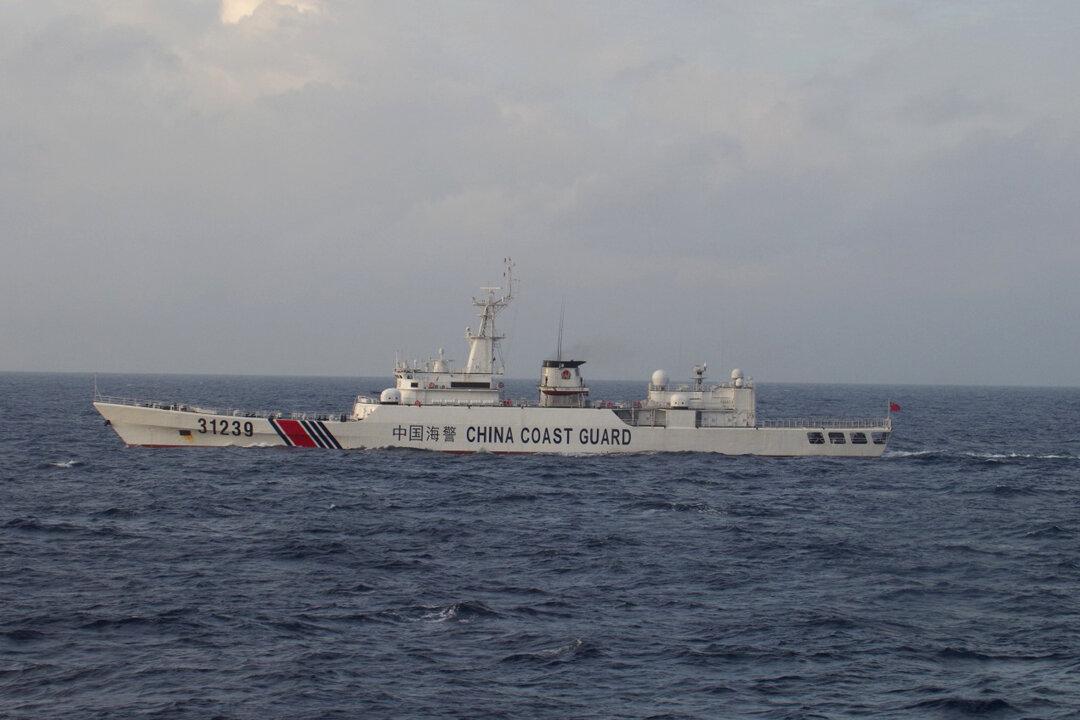Chinese vessels entered Japan’s waters in the East China Sea at two separate locations on Thursday, prompting Tokyo to lodge protests against Beijing.
Chief Cabinet Secretary Hirokazu Matsuno, the top Japanese government spokesperson, said Japan conveyed “strong concern” and lodged a protest against China through diplomatic channels after a Chinese military ship intruded into Japan’s waters.




